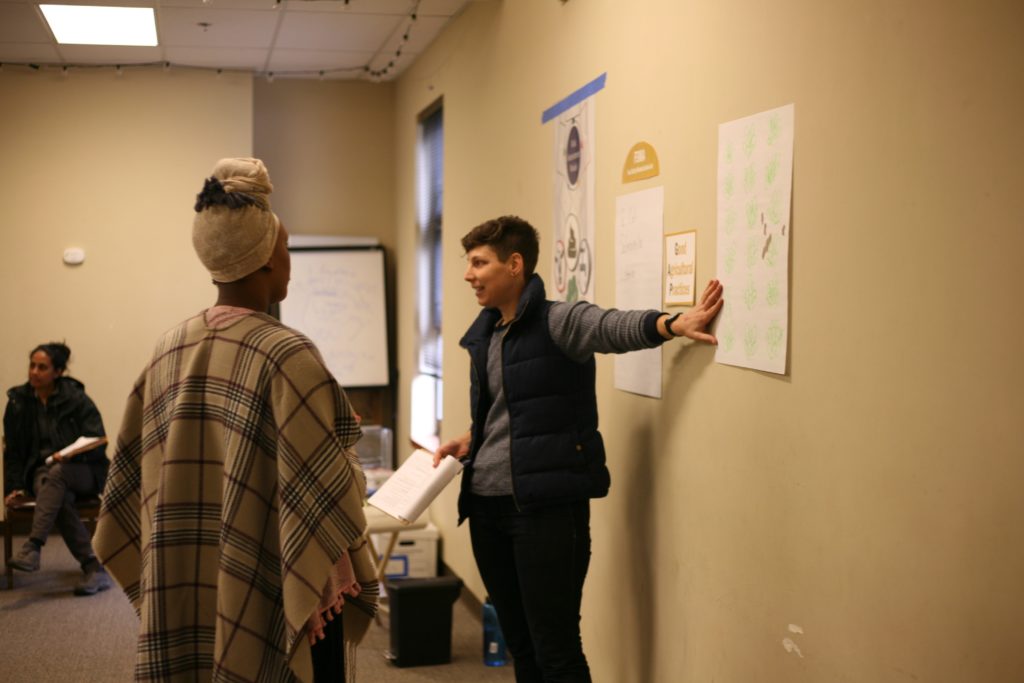How Can We Help?
Intercultural Communication
The International Rescue Committee resettles and integrates refugees, asylees, and other immigrants from all over the world. It is crucial to be able to communicate across cultures in a way that is empowering and respectful. Here are some helpful tips for navigating intercultural communication:

Do Your Research
The IRC resettles people from all over the world, but different groups of people are given priority by the U.S. government for resettlement each year. Learn who is coming and do some research on cultural norms and customs that are common in their cultures. This is by no means a suggestion to paint everyone coming from a certain culture with the same brush, but it is a way to give yourself some context.
Greet From A Distance At First
When first meeting someone, avoid the assumption that a handshake is an acceptable greeting. In the U.S. it is common to offer a hand for shaking, but in some cultures, this is considered rude or strange. A good alternative is to place a hand over your heart or chest and nod your head as a greeting. This gives space for you and the other person to gauge the comfort level for other types of greetings. Over time, as you develop a relationship with the person, it will become more apparent which types of greetings are acceptable. Of course, if the other person offers a hand to shake at your first meeting, you can accept! Always assess the situation and act accordingly.
Watch Your Assumptions
If you have been raised in one culture, it may be easy to assume that other people operate in the same way that you do. For example, assuming that a married couple (and their children, if any) would have the same last name may be common in Western countries, but married couples often keep their respective last names in other parts of the world. Applying this assumption to a family whose members have many last names would be confusing and incorrect. Thus, it is important to consider the perspective you come from in any interaction you have with other people.
Acknowledge Power Dynamics
At the IRC, caseworkers and other staff members who work directly with clients are often in a position of power during the resettlement process, due to the privilege of speaking English and having the institutional knowledge necessary for living in the U.S. However, this does not mean that clients have no valuable skills or knowledge, and it is important to make space for the strengths that clients already hold. For example, if you are giving a grocery store orientation, let the client guide the tour based on what they already know about food shopping and nutrition. Ask questions about what they normally eat, how they cook, and where they shopped for food in their home country. Often, the food habits they have are already well-balanced and healthy, so it would be inappropriate to give the tour in a way that prioritizes a Western approach to nutrition education over the knowledge the clients already hold.


